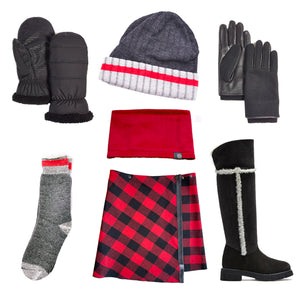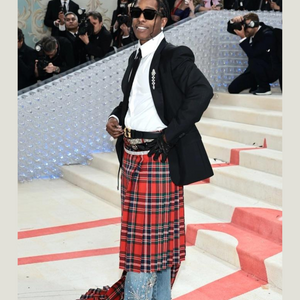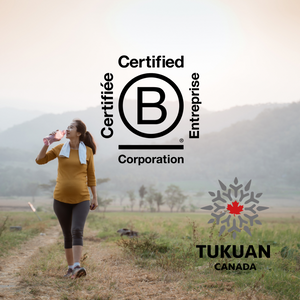Tukuan fabrics
Italian fabrics
Product quality is the number one priority at Tukuan. For this reason, Tukuan does not hesitate to source the best fabrics for our skirts, even if they are not local. We turn to Italian companies that have the know-how and expertise in transforming wool fiber into recycled fabrics. For our next collections, we have started to collaborate with Italian companies including Tessile Fiorentina Co.

Animal cruelty free fabrics
Starting with our summer collection, Tukuan skirts are made with merino wool without mulesing and pineapple leather for an animal cruelty free product. Mulesing is a cruel surgery to animals that consists of cutting the flesh around the tail of the sheep, without the use of anesthetics in order to avoid the appearance of parasites under the skin. On the other hand, these practices have been deemed harmful to the health of the sheep as they can lead to infections in the sheep and only reduce the risk of parasites appearing. For these reasons, we are pleased to do business with suppliers of animal cruelty free wool.

Ecological and circular economy fabrics
At Tukuan, we prioritize natural materials because we eventually want our product to be recyclable. However, we still have to use certain materials such as polyester in the making of our skirts, but we still want to reduce the carbon footprint of our production. For this reason, starting with the summer 2021 season, the polyester used in Tukuan skirts is recycled and made from plastic bottles. We will also, as of the fall/winter 2021-2022 season, collaborate with the Synergie Montréal organization in order to supply us with leather fabric scraps to use for our finishing strips. We also wish to collaborate with the organization to redistribute our own fabric scraps and reinvent them into other products. Tukuan's goal is to become a circular economy and zero waste company in the years to come.
Learn more about eco-friendly fashion! Learn more about it:
Articles en lien avec les tissus sans cruauté animale et écoresponsables
The problem of mulesing in wool
Mulesing and its consequences
https://www.thegoodgoods.fr/mode/le-probleme-du-mulesing-dans-la-laine/
Mulesing-free merino wool
Example of a company that uses merino wool without mulesing
https://debonnefacture.fr/fr/blogs/textures/mulesing-free-merino-wool
We’re now at a million plastic bottles per minute – 91% of which are not recycled.
The carbon footprint caused by the use of plastic bottles (can make a parallel with the new recycled polyester fabric made from plastic bottles).
https://www.forbes.com/sites/trevornace/2017/07/26/million-plastic-bottles-minute-91-not-recycled/
What if fashion went to the circular economy?
The fashion industry's carbon footprint and its circular economy solutions.
https://www.livingcircular.veolia.com/fr/industrie/et-si-la-mode-passait-leconomie-circulaire




